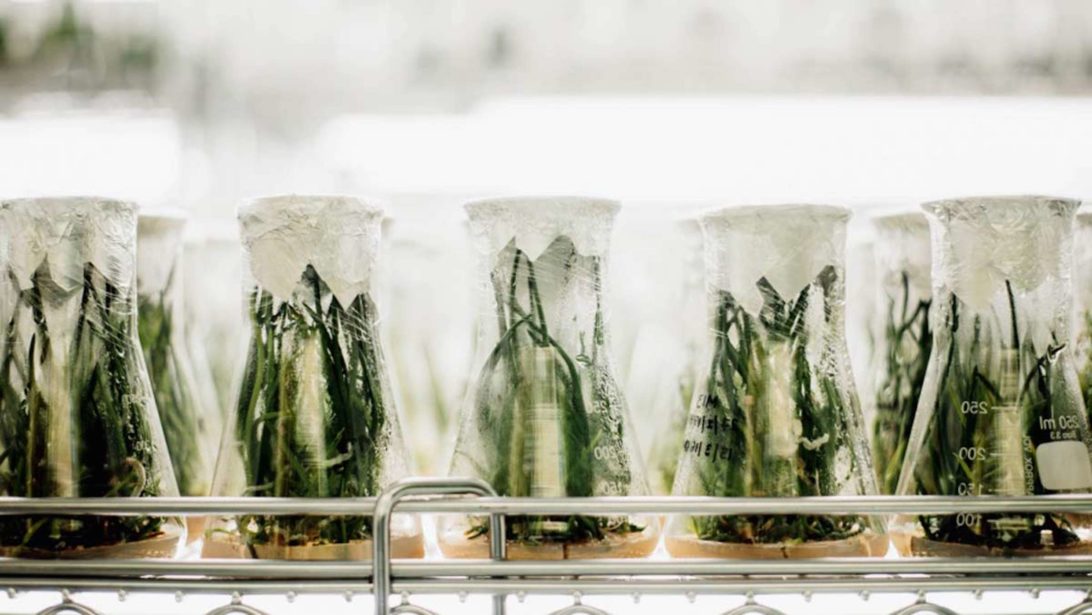
From the Agricultural, Livestock and Forestry Biotechnology line, we offer a variety of specialized services and technologies, such as genotyping forest species to select the specimens that are best adapted to environmental changes, allowing a more efficient and sustainable forest management.
We also use molecular biology techniques to detect the presence of environmental quality indicator organisms and pollutants, providing valuable information on the state of the environment.
We include among our services the isolation and identification of plant pathogens through classical microbiology and molecular biology.
This allows us to identify and better understand the diseases that affect plants, which is essential for their control and proper management.
In addition, we are constantly searching for new biocontrol agents that help to combat pests and diseases in a more sustainable way.
We conduct efficacy trials of molecules and extracts of biological origin, evaluating their ability to control pests and diseases.
We also carry out anti-germination capacity tests for weed control, which allows us to develop more effective and environmentally friendly crop management strategies.
In addition, we focus on the isolation and identification of growth-promoting, nutrient solubilizing and nitrogen-fixing microorganisms.
We study their activity on seed germination, seeking to take advantage of their potential to improve crop productivity in a sustainable way.
Our services and technologies address various issues in the field of Green Biotechnology, with the aim of promoting a more efficient and sustainable management of natural resources, thus contributing to environmental protection and development.
First, we contribute to the assessment of the state of environmental health.
By detecting environmental quality indicator organisms and pollutants, we provide essential information for the conservation and sustainable management of ecosystems.
In addition, we focus on identifying forest varieties that are better adapted to the environment.
This is especially important in a context of climate change, where it is necessary to select species and specimens that are more resistant and can survive and thrive in changing environmental conditions.
Another capability of our services is to help reduce the use of phytosanitary products, pesticides and chemical fertilizers in agriculture.
By developing pest and disease control strategies based on biological agents and the use of extracts and molecules of biological origin, we promote more sustainable and environmentally friendly practices, protecting human health and biodiversity.